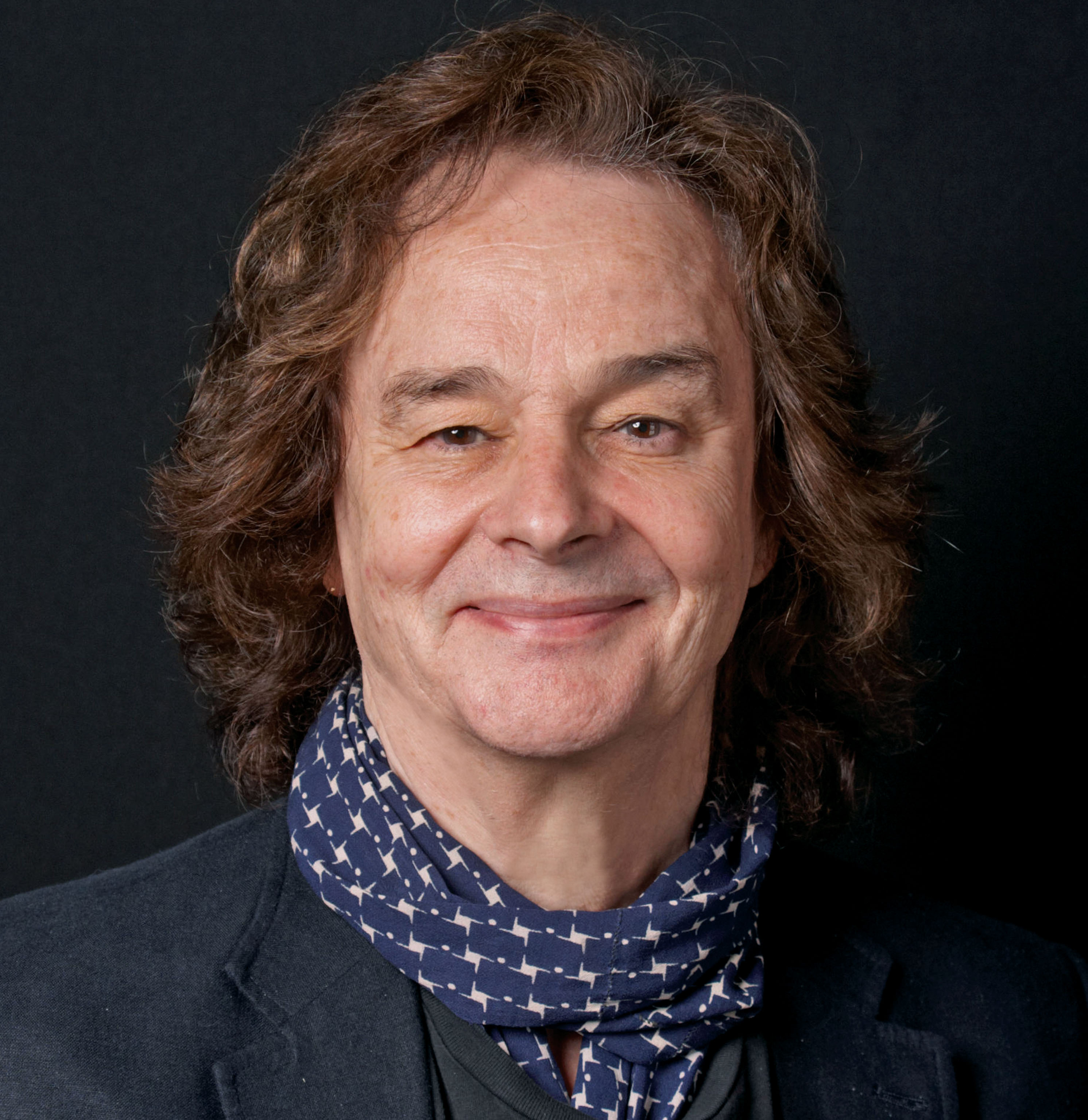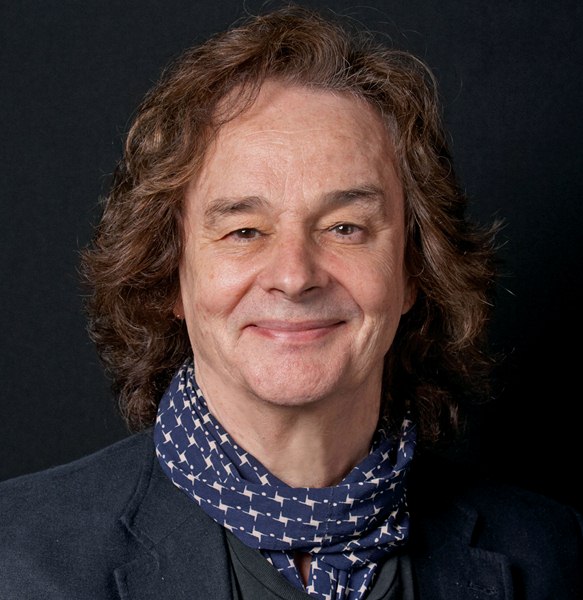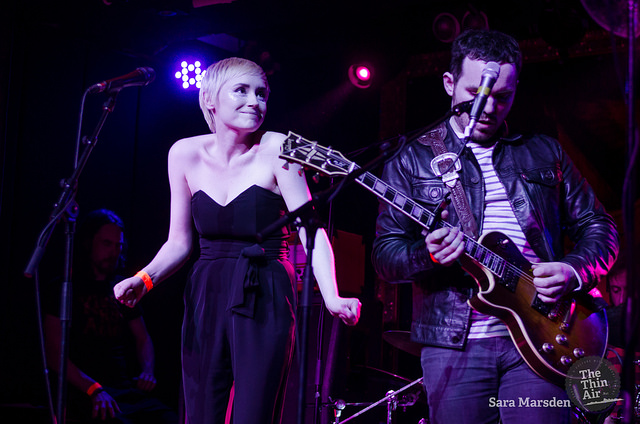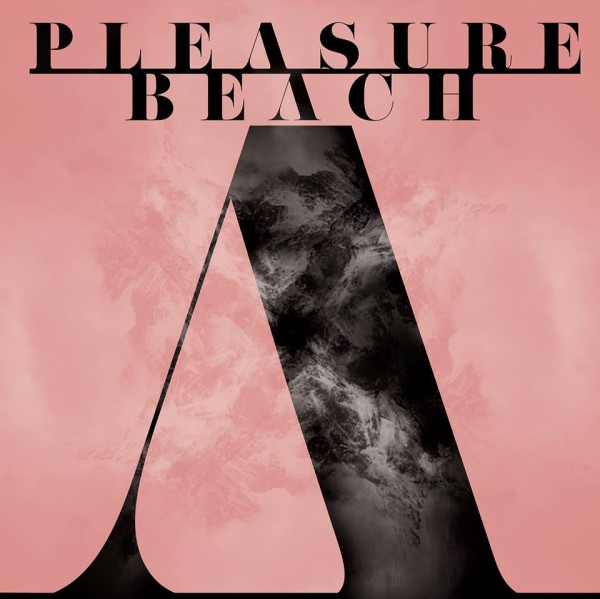Colin Blunstone is the lead singer of the legendary British band The Zombies, and has enjoyed a successful solo career since the band split in 1969. Eimear Hurley caught up with the singer fresh off of his solo tour in the UK and Holland, and ahead of a busy summer touring schedule with his solo band and the Zombies.
Hi Colin. You have enjoyed a fantastic musical career so far, spanning five decades. Can you tell me about your experience of being an artist in the 21st century compared to when you first started?
The business is almost unrecognisable from what it was 5 years, ago, let alone 50. How records are sold, made, marketed and promoted has changed out of all recognition. Touring, thank heavens, has changed for the better. It was very amateurish and quite tough when we started, but now it’s much more professional and sophisticated, and to a large extent the artist just has to concentrate on the performance and the rest is taken care of.
The Zombies’ 2015 album Still Got That Hunger was crowdfunded through PledgeMusic. How was that experience for you?
It was interesting, and it certainly has its advantages. It takes the weight of worrying about financing an album off your shoulders because fans mostly buy the album up front and that money funds the recording. And then we can include those fans in the whole process – we’d send them small clips of what was happening to let them know where we were going with the album. It has some extra responsibilities, too, because you’re using other people’s money to achieve your goal. But hopefully we repaid their faith in us.
What are your thoughts on contemporary pop culture’s fascination with the past, in terms of contemporary artists taking inspiration from the music of previous eras?
One of the things we’ve often thought about is sampling. Eminem sampled Time of the Season on one of his songs, Rhyme or Reason in 2013. In 1961, there was very little interest in the songs of 1911. I think the internet has opened up a whole new area of interest because it gives people access to the music of years ago, which when I was young wasn’t available.
Do you think that has had a part to play in the Zombies career since the 60s?
Well, there is phenomenal interest in bands of the British Invasion. We’re always happy to play our backbone of hits, especially Odessey and Oracle – it’s got quite a cult following. But for us it’s important that we do new songs as well. Since Rod Argent and I got back together to write in 1999, we’ve always written and recorded new songs. It’s really heartening that the reaction to the new material is just as strong as it is to the evergreen hits.
Can you tell me a bit about what music you listened to growing up, and how that influenced the Zombies’ sound?
The Zombies had a much wider spectrum of interest than most bands. We started off loving the rock and roll greats, but then in the band there was huge interest in modern jazz, and in classical music. Then we got into blues and R&B. We were also a keyboard-led rock band, which was unusual. The other thing was that we always sang harmonies. This was pre-Beach Boys, the time of The Ventures and The Shadows. I think it’s partly because Rod sang in the St Alban’s cathedral choir until he was 18. It meant that we always had his great experience and knowledge of harmony. Sometimes we would have to wait for Evensong to finish and then he would rush out and climb into the van and we would go and play a rock gig!
That’s an amazing collision of musical experiences! The effects of that can be heard in the music and it continues to enchant audiences. What do you attribute the lasting appeal of your music to?
I think there is a timelessness about the songs we recorded. Also there is the interest of an original band from the British Invasion. There aren’t that many of those bands with their original members that you can see outside of an arena. We sometimes play really intimate venues so you could be right up next to us, and that gives a whole new dimension to coming to see a band from the British Invasion.
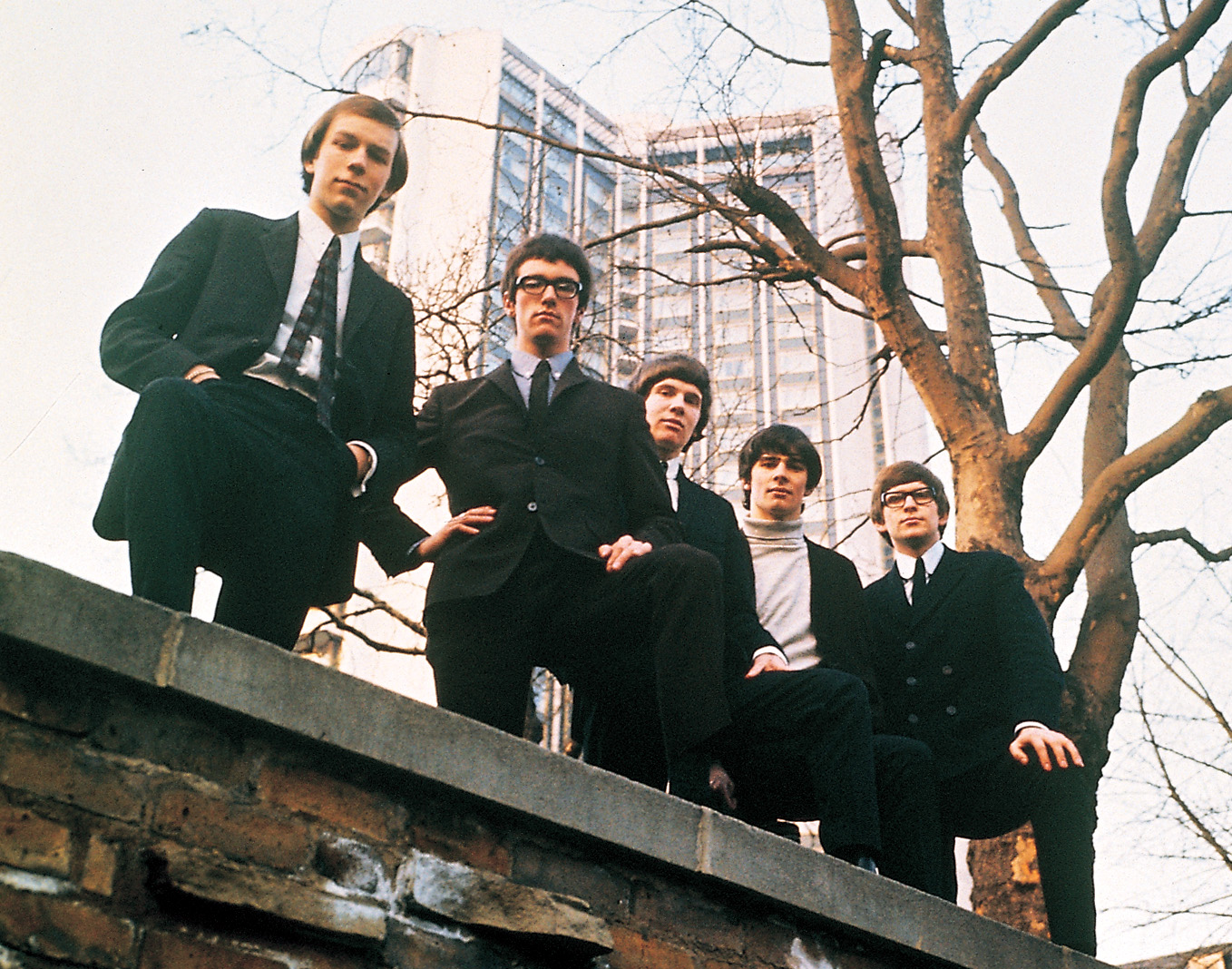
Yourself and Rod Argent have been working together for many years now. What do you think is they key to sustaining a successful creative relationship?
When it comes to songs and arrangements and performances, there’s no substitute for having worked with someone for many years. Being in a band and performing is like playing a team sport. The midfield general knows how to find the centre forward without even looking for him, and being in a band can be like that – you get to know what the other person is thinking and it makes it that much easier to work together.
After the Zombies disbanded, you started working at an insurance company. Did you think then that you had reached the end of your music career?
I didn’t know what to think. The two main writers, Rod and Chris, had a totally different income stream to the rest of us. It’s a sad indictment of the music business in general at the time, and of our manager in particular, that at the end of three years on the road, the three of us were absolutely broke. I had no choice but to phone an employment agency and take the first job they offered me. I didn’t know anything about insurance! I was just messing round in the office for about 10 months, and then Time Of the Season was zooming up the American charts and I started getting offers to record again. I wasn’t sure if I wanted to get back into music. I was devastated when the Zombies finished. But bit by bit, I started recording again and I was back in the business.
You must have met a lot of brilliant and inspiring people over the course of your career. Who left the biggest impression on you?
I remember touring with the Isley Brothers in the ’60s, and Rudy Isley said to Rod and me, “Check all the statements, don’t trust your manager, be very careful of contracts,” things along that line – because we were only 19 at the time. And he was absolutely right! But sometimes you have to find these things out for yourself.
There is no sign of you or the Zombies stopping. Can we expect to hear some new material soon?
I am collecting songs for a solo album, and the first e-mail has just gone back and forth about when we can expect the next Zombies album. I never like to presume that there will be another album, or when it will be released. But I will be performing with the Zombies in festivals over the summer, and I’m hoping to record in between those gigs.
You are playing your first gig in Northern Ireland on April 28th. It must be great to get the opportunity to play new places and to different audiences at this stage of your career!
Yes, just like the line from our album, there is still that hunger in the band to play new places, and to perform as much as we can. I think people are flabbergasted when they come to our concerts, possibly more so outside of the UK. It’ll be interesting to see what happens in Northern Ireland – I have no idea what audience to expect. We have a loyal fanbase that have followed us since 1964 and they still come to our concerts, but we also have young kids, teenagers and people in their 20s that come to see us as well, and probably as many of them as there are of the diehard fans.
What is it that compels you to keep playing after all this time?
Personally, I love music and I love playing live. Performing, and especially travelling, is quite demanding, but while you can still physically do it, I see no reason why you should stop doing what you love.
The Zombies play live at Catherdral Quarter Arts Festival in Belfast on Thursday April 28.

